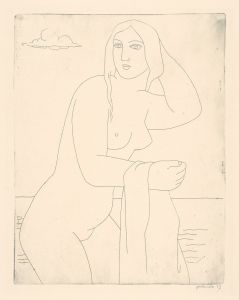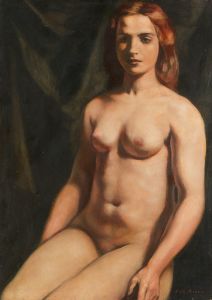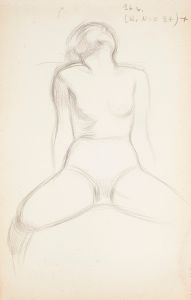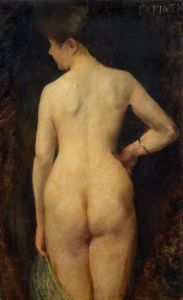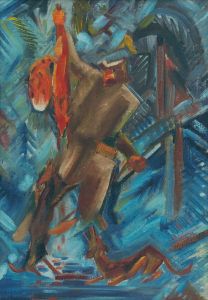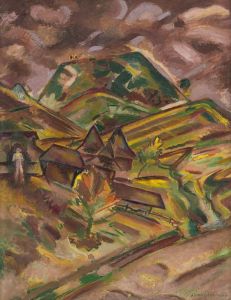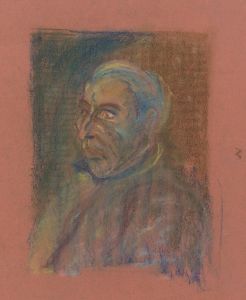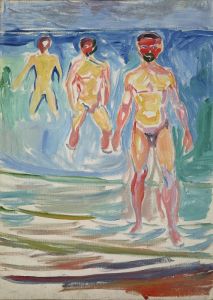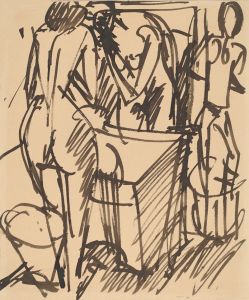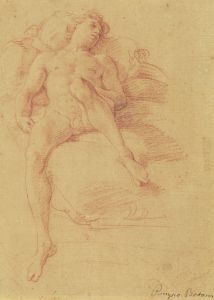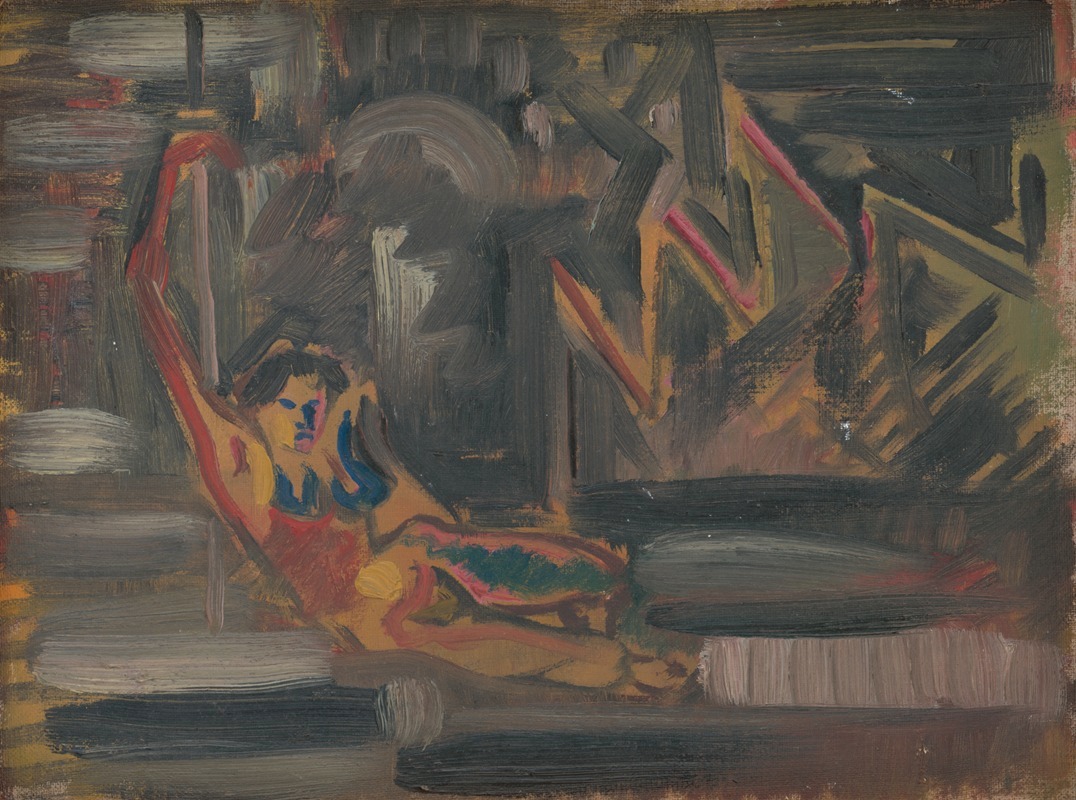
Reclining Woman
A hand-painted replica of Arnold Peter Weisz-Kubínčan’s masterpiece Reclining Woman, meticulously crafted by professional artists to capture the true essence of the original. Each piece is created with museum-quality canvas and rare mineral pigments, carefully painted by experienced artists with delicate brushstrokes and rich, layered colors to perfectly recreate the texture of the original artwork. Unlike machine-printed reproductions, this hand-painted version brings the painting to life, infused with the artist’s emotions and skill in every stroke. Whether for personal collection or home decoration, it instantly elevates the artistic atmosphere of any space.
Arnold Peter Weisz-Kubínčan was a Slovak painter known for his contributions to modern art in the early 20th century. However, specific information about a painting titled "Reclining Woman" by Weisz-Kubínčan is not readily available in historical records or art databases. As such, it is challenging to provide a detailed description or analysis of this particular work without engaging in speculation or referencing unverified sources.
Weisz-Kubínčan was born in 1898 in Dolný Kubín, a town in present-day Slovakia. He was part of the avant-garde movement and was influenced by the broader trends of modernism that swept through Europe during his lifetime. His work often reflected the dynamic changes and the experimental spirit of the early 20th century, characterized by bold colors, abstract forms, and a departure from traditional artistic conventions.
Throughout his career, Weisz-Kubínčan was associated with several artistic groups and movements that sought to redefine art in the context of contemporary society. He was known for his versatility and ability to work across different mediums and styles, which included painting, drawing, and graphic design. His works often explored themes of human emotion, nature, and the complexities of modern life.
Unfortunately, Weisz-Kubínčan's career was cut short due to the political turmoil of World War II. As a Jewish artist living in Slovakia during the rise of Nazism, he faced persecution and was ultimately deported to a concentration camp, where he perished in 1944. This tragic end meant that much of his potential and future contributions to the art world were lost.
Due to the scarcity of surviving works and documentation, many details about Weisz-Kubínčan's oeuvre remain obscure. Art historians and researchers continue to piece together his legacy through the limited works that have been preserved and the accounts of contemporaries who knew him. His contributions to Slovak and European modern art are recognized, but the full extent of his artistic vision remains partially hidden due to the historical circumstances of his life and untimely death.
In summary, while Arnold Peter Weisz-Kubínčan is acknowledged as an important figure in Slovak modern art, specific information about a painting titled "Reclining Woman" by him is not available in existing records. Further research and discovery of his works may provide more insights into his artistic achievements and the themes he explored. Until then, the details of "Reclining Woman" remain elusive, reflecting the broader challenges of reconstructing the legacies of artists whose lives were disrupted by historical events.





